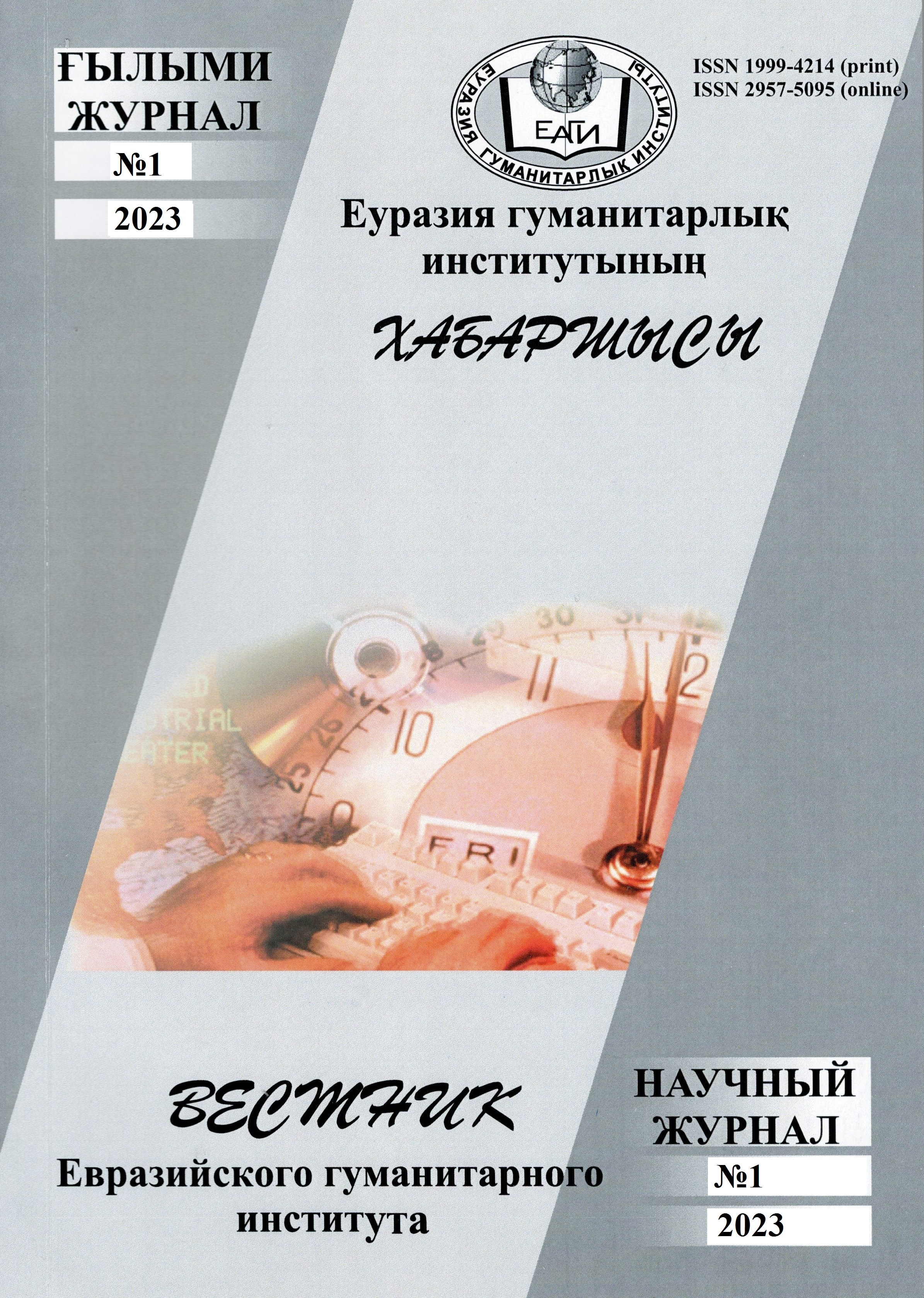СОЦИАЛЬНАЯ ЗНАЧИМОСТЬ ИНТЕРНЕТ-ЛЕКСИКИ КИТАЙСКОГО ЯЗЫКА
Ключевые слова:
интернет-язык, социолингвистика, интернет-сленг, преподавание китайского языка, социальная культураАннотация
В современной инфосфере широко используется понятие «интернет-лексика» или «язык интернета». Интернет-лексику также можно назвать языком электронного общения, языком компьютера и интернета. Данное понятие напрямую связано с использованием слов интернет пользователей, с их культурой языка и качеством использования. Китайский язык один из десяти основных языков, который широко используемых в современном интернет-сообществе. В данной статье рассматривается китайская интернет-лексика как отрасль социолингвистики, а также её развитие в обществе за последние десять лет, а также влияние, которое она оказала на изучающих язык и каковы условия использования интернета в Китае и т.д. При этом также обсуждаются теоретические основы социолингвистики, рассматривается история развития интернет-лексики в китайском языке, способы создания и способы словообразования. Существует большое колличество примеров китайского интернет-сленга, жаргонов, аббревиатур, которые часто используются в интернет-языке или электронном общении. В заключении после изучения интернет-лексики в китайском языке можно заявить, что в будущем интернет-лексика будет приносить большую пользу изучающим язык и также будет давать положительный эффект при обучении языка в вузах Казахстана.


